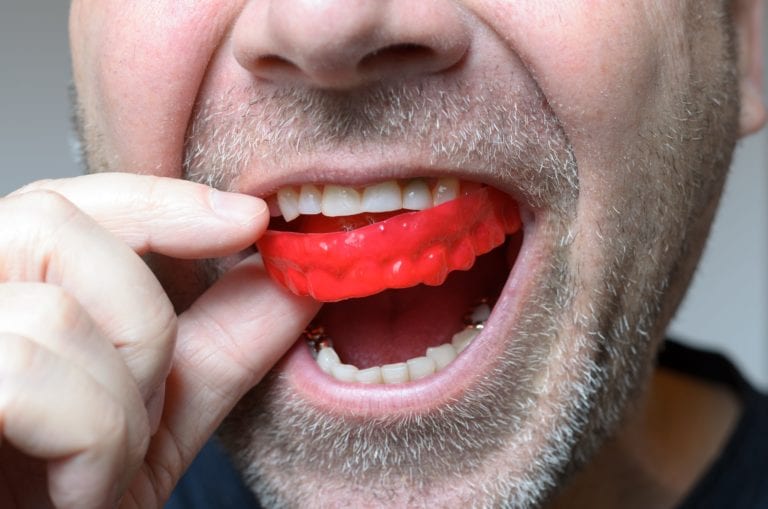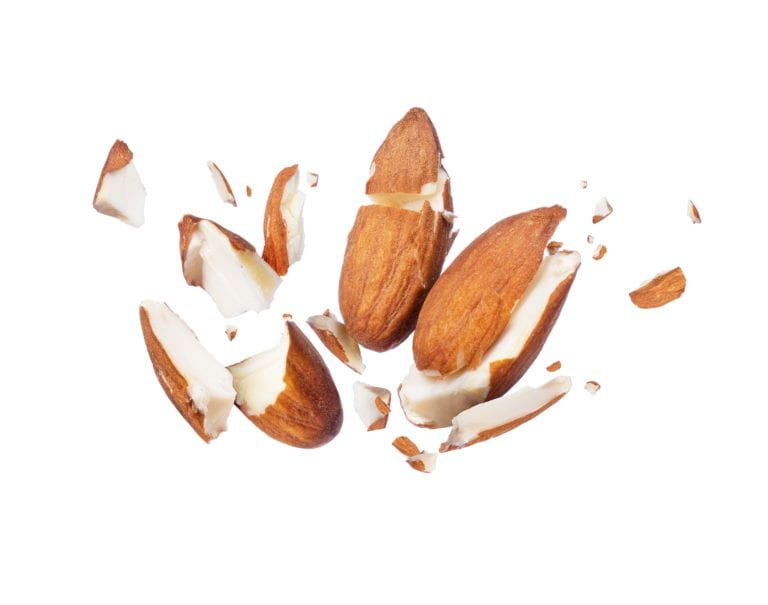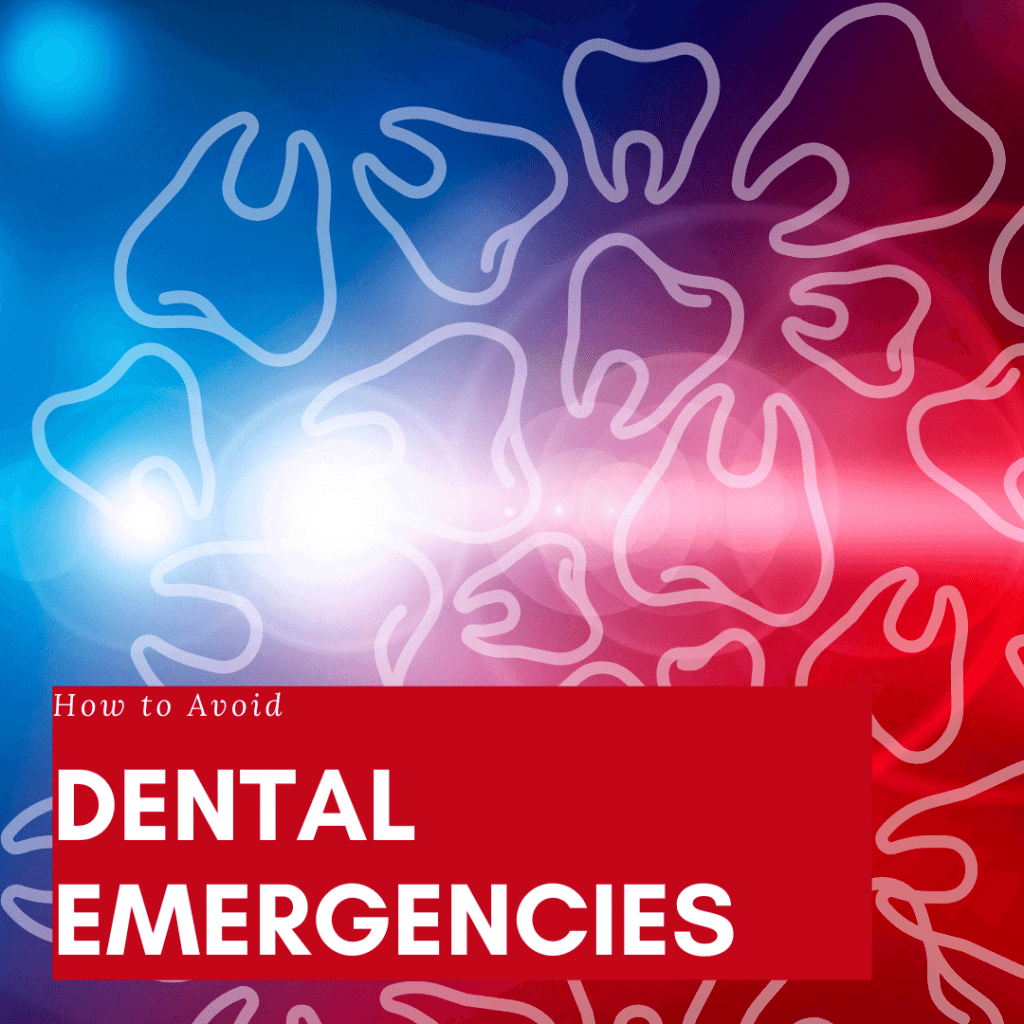Did you know that you may be at an increased risk for experiencing a dental emergency? This is because there are certain behaviors that can increase the risk of damaged or decayed teeth, which are two common dental emergencies. Conversely, there are also things that you can do in order to protect yourself from undergoing dental emergencies. As such, we have provided a brief guide on what to do and what not to do to avoid dental emergencies:
Do wear a mouth guard

While not everyone will need to wear a mouthguard, there are a few cases where one may be necessary. For starters, if you grind or clench your teeth while you sleep, then it is recommended to wear a special type of mouth guard known as a night guard. Night guards cover your teeth in order to protect them from damaging one another. They also position your jaw in such a way that decreases pressure on the joint. Another type of mouth guard is a sports mouth guard, which should be worn whenever you are participating in sports that could potentially cause a hit to the face.
Do practice daily dental care
Although it may not seem like much, keeping up with your daily dental hygiene routine is an easy and effective way to prevent dental emergencies. This is because good oral hygiene helps to keep your teeth and gums healthy and structurally stable. For example, the fluoride used in toothpaste helps to keep your enamel strong and more resistant against decay-causing bacteria. Additionally flossing also helps to prevent things from being lodged between your teeth. Conversely, teeth that are affected by decay or gums with gum disease are more likely to result in dental emergencies.
Do schedule regular dental appointments
Another way to prevent dental emergencies from happening is to visit your dentist at least once every six months. During these appointments, your dentist will examine your oral health to determine if there are any issues that need attention. Having minor dental issues fixed early on prevents them progressing into more serious, potentially emergency situations. Additionally, your dentist will also clean your teeth, which decreases the amount of bacteria in your mouth.
Don’t bite into or chew on extremely hard foods

Despite the fact that enamel is extremely strong, it can still become damaged from foods that are very hard. The risk of damaging your teeth increases if they have been structurally compromised by decay or past damage. Additionally, dental restorations can also be damaged as a result of trying to bite into or chew on foods that are extremely hard. When eating hard foods that may damage your teeth, be sure to cut them up and use caution to prevent potentially chipping or cracking a tooth.
Don’t engage in parafunctional behaviors
Parafunctional behaviors refer to any behavior that is not naturally performed by your teeth. Basically, anything that you use your teeth for besides biting and chewing is considered a parafunctional behavior. Some examples include: chewing on pens, grinding or clenching your teeth, biting your nails, and using your teeth to open bottles or packages. These behaviors have been commonly associated with chipping or breaking the teeth, as well as causing problems with the jaw joint.
Don’t consume too much sugar
Most people know that sugar is bad for their teeth, however not as many people know that it can be the cause of a dental emergency. Consuming excessive amounts of sugar feeds decay-causing bacteria, allowing them to reproduce and amplify the damage done to your teeth. Although it won’t happen overnight, regularly consuming large amounts of sugar will eventually cause your teeth to decay and could increase your risk of developing a very painful pulp infection. In fact, one common dental emergency is severe tooth pain caused by a pulp infection.



